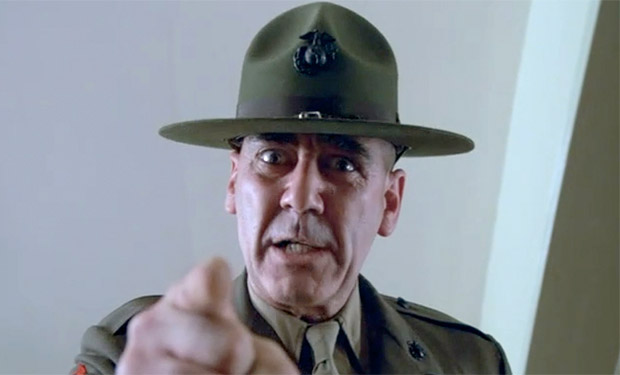The Volkswagen ‘diesel gate’ affair is well trodden territory of corporate malfeasance and fraud. You might wonder why I am mentioning something that is admittedly old news. Simple, it never got the “how dare they!?” type coverage that say a traditional ‘polluter’ like a coal company would’ve endured. Imagine the regulations the Environmental Protection Agency (EPA) could propose if Access Industries was found to have lied about their emission record. VW’s cheating perfectly exemplifies the green movement and ‘guilt free’ marketing so effective in scamming American consumers.
When I say ‘green movement’ I am really talking about anyone who believes that switching deodorant brands or light bulb types is akin to adding a few odd years to the life of ‘mother-earth’ (fragile creature that she is). In other words consumers, for whom environmental concerns factor into decisions to buy, sell and grow. Businesses market goods by emphasizing ‘biodegradable’ ‘recycle-able’ and ‘non-phosphate’ as selling points.
Pushing ‘environment saving’ spray cleaner isn’t any more dishonest than selling bacteria reducing soap; both products serve other purposes so we ignore the larger claims. As long as my Windex with zero phosphates cleans the smudges off the glass I’m not concerned about the chemical makeup of the ‘earth friendly’ spray. Besides I feel good about my purchase knowing that I supported a company that really ‘gets it’. A closer look at the claims made by the companies often reveals some ugliness. This is how VW became synonymous with cheating.
Briefly, here is what happened. The company engineers created a cheat code that set the car in idle when the emissions were being tested. I don’t know how the test works or how the car knows that it is being tested; some engineer knew though and he/she designed the car to basically--go to sleep. Imagine designing a machine that makes a person’s heart rate read between 80-95 beats per minute (resting rate) after running a marathon. Kind of like that.
The maddening thing about VW is how they turned their emissions records (which were made up) into a selling point despite being the biggest offender. It’s almost as if Major League Baseball, in the early 2000s, created an ‘honest citizen’ award given annually to the high school star who demonstrated clean living and modesty and they called it the Barry Bonds Award. They created advertisements with Bonds talking about 'decency' and 'respect for the game' while some B roll of his highlights ran at length. Volkswagen didn’t just get caught cheating on the test, they got caught writing ‘how-to-cheat’ flow charts and holding ‘how-to-cheat’ seminars.
The argument supporting VW’s software hack is that emissions in the U.S. set by the Environmental Protection Agency are much tougher than the EU equivalent test. Understandably they found it easier to create a program for beating the test instead of fixing the problems associated with diesel emission compliance. Did they have to use their clean diesel program as a point of emphasis? Did they have to show expensive and clever ads like the one above?
The folks at Volkswagen gave the greenies everything they wanted, an affordable vehicle with earth friendly bona fides and a built in humblebrag. “No it isn’t an expensive car but the industry is committed to sustainability, I just wanna…you know, do my part.” Volkswagen had a huge success story in total earnings and as a company dedicated to air quality and ‘sustainability’. As long as no one looked too closely the engine of deception ran like a...a fine German engineered motor.
Too many times in recent history green development has been exposed as a thin scab covering a festering sore. From the Solyndra company that promised a revolution in solar energy, to certified organic labels on food and zero emission cars, the claims didn’t deliver. In many instances they were outright scams. The green movement is rife with ‘guilt-free’ products and better living through sustainability, just don’t look too close. Do yourself a favor and buy the cleaner that works, don’t worry about the phosphates.



